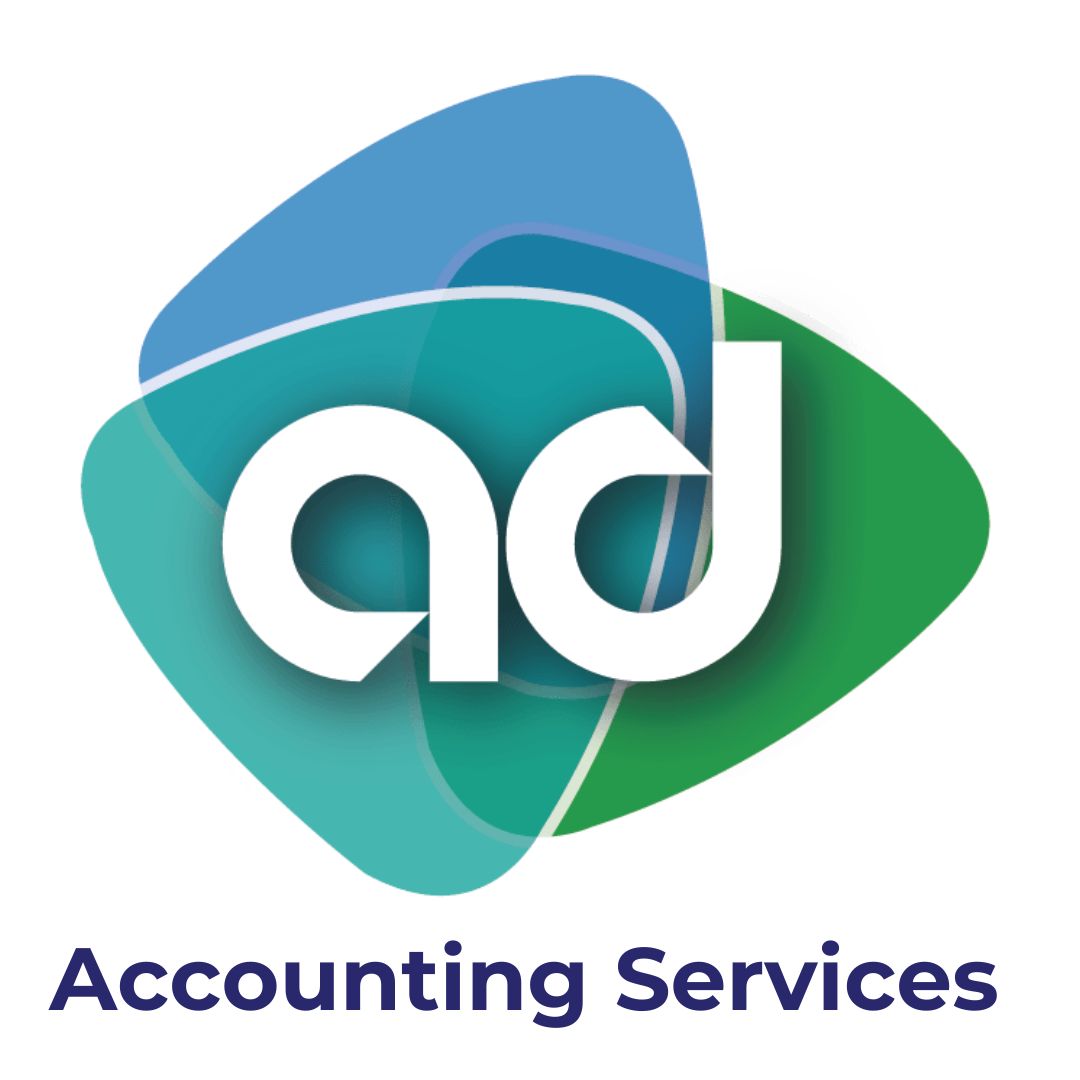As a business owner, bookkeeping is crucial to managing your financials. It involves keeping track of all your income, expenses, and assets and ensures accuracy in your financial reports. While basic bookkeeping skills are essential, mastering advanced techniques can help streamline your bookkeeping process and better manage your finances. This blog post will discuss some advanced techniques for efficient bookkeeping.
1. Utilise Automation Tools
One of the most effective ways to streamline your bookkeeping process is by utilising automation tools. With the advancement of technology, various software and apps are available that automate the bookkeeping process. These tools can help input your financial data, organise it, and generate reports, saving you time and reducing the risk of human error.
Many automation tools also offer features like bank reconciliation, which allows you to connect your bank accounts and automatically match transactions, making the reconciliation process more efficient. Furthermore, these tools also offer the option to schedule payments, invoices, and expenses, helping you keep track of your cash flow. Some popular automation tools include QuickBooks, Xero, and FreshBooks.
2. Implement a Chart of Accounts
A chart of accounts is a list of all your business\’s accounts, categorising your income, expenses, assets, liabilities, and equity. A well-organized and detailed chart of accounts can provide a clearer picture of your business\’s financial health and make tracking and analysing your financial data easier.
To create an effective chart of accounts, it is essential to understand your business\’s specific financial needs and consider your industry\’s requirements. For example, if you have a small retail business, you may have different categories of expenses (e.g., inventory, rent, payroll), while a service-based business may have different categories (e.g., office supplies, marketing expenses). By customising your chart of accounts to your business\’s needs, you can have a more efficient and detailed view of your finances.
3. Practice Accrual Accounting
Accrual accounting is an accounting method that records financial transactions when they occur rather than when cash is exchanged. This method can provide a more accurate representation of your business\’s financial health, as it considers expenses and revenues that may not have been paid or received yet.
Many businesses use cash-basis accounting, which records transactions when cash is exchanged. While this method is simpler and easier to track, it may not accurately represent your business\’s financial position, especially if it has many outstanding invoices or accounts receivable. By practising accrual accounting, you can better plan for future expenses and manage your cash flow.
4. Set Up a Budgeting System
Budgeting is a crucial aspect of managing your business\’s finances. By setting up a budgeting system, you can track your expenses and income against projected amounts and adjust your spending accordingly. This can help you avoid overspending and manage your cash flow effectively.
You can use spreadsheets or budgeting software to set up a budgeting system. Start by listing all your business\’s expenses and projected income for the month or year. Then, track your actual expenses and income against the projected amounts, and make adjustments as needed. By consistently monitoring your budget, you can identify areas where you can reduce costs and make more informed financial decisions.
5. Track Employee Expenses
If you have employees, it is essential to have a system in place to track their expenses accurately. This includes travel expenses, client entertainment, and office supply purchases. By keeping track of these expenses, you can accurately reimburse your employees and ensure that your business is not overspending.
To track employee expenses, consider using expense tracking software or creating a system for employees to submit their expenses for approval. Implementing clear guidelines and policies for employee spending is crucial to avoid any confusion or discrepancies.
6. Regularly Reconcile Your Accounts
Account reconciliation is comparing your financial records to bank statements to ensure accuracy. It is important to reconcile your accounts regularly, preferably monthly. This can help you identify errors or discrepancies, such as fraudulent transactions or bank fees, and make necessary adjustments. Regular account reconciliation can also help you keep track of your cash flow and better understand your business\’s financial position.
7. Keep an Eye on Your Inventory
If your business involves selling products, keeping a close eye on your inventory and tracking it accurately is essential. Incorrect inventory management can result in financial discrepancies and throw off your financial reports. By keeping an organised inventory system and regularly tracking it against sales, you can prevent inventory shrinkage and make informed decisions about restocking.
In conclusion, mastering advanced techniques in bookkeeping can significantly improve your business\’s financial management. By utilising automation tools, implementing a comprehensive chart of accounts, practicing accrual accounting, setting up a budgeting system, tracking employee expenses, regularly reconciling accounts, and keeping an organised inventory system, you can streamline your bookkeeping process and better understand your business\’s financial health. With these techniques, you can make more informed decisions, avoid errors, and ultimately, help your business grow.

